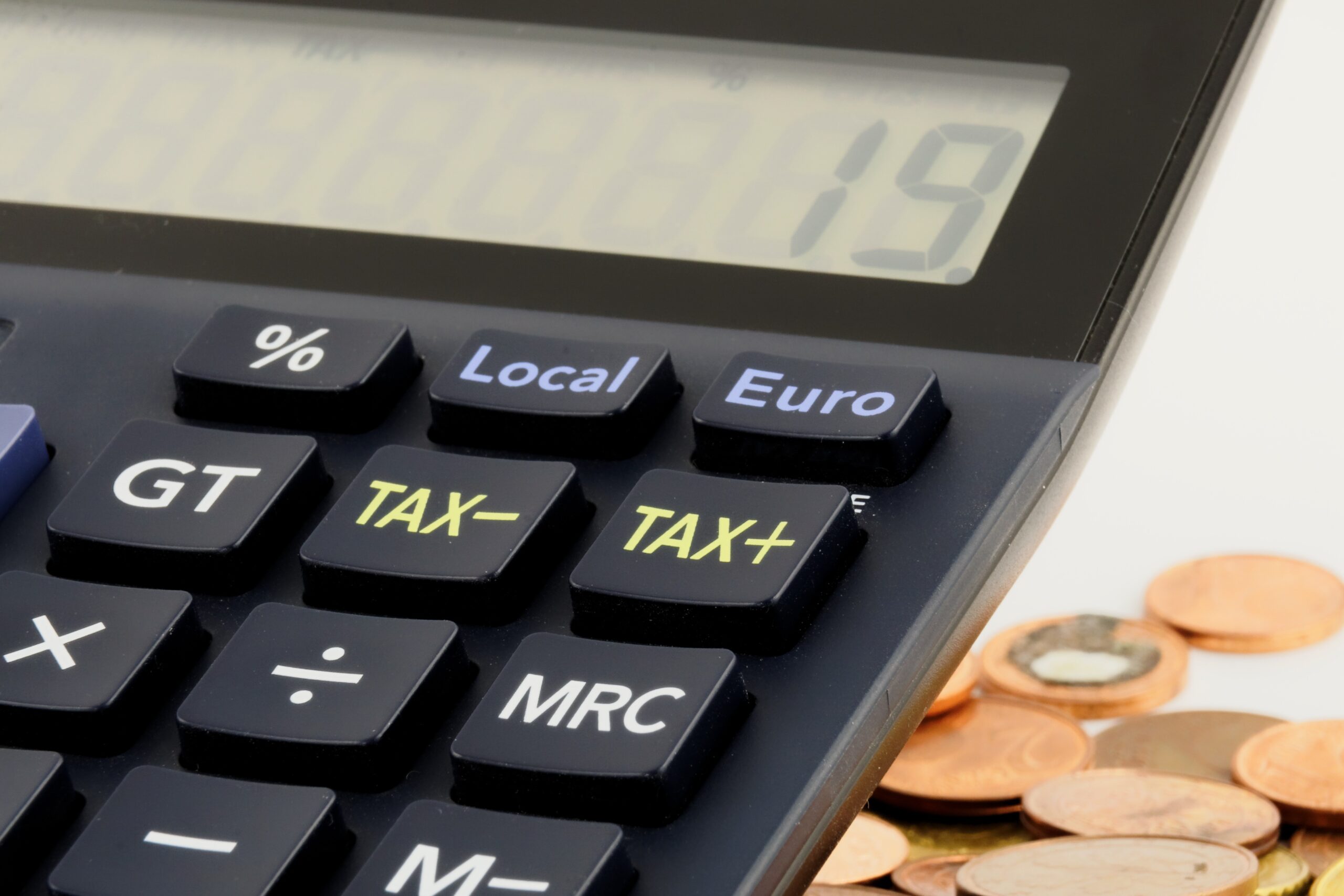Tax agency engages with suppliers that could provide tools to capture and analyse a wide range of user data
Credit: Pixabay
HM Revenue and Customs is planning to implement technology that would enable the department to capture a comprehensive “digital fingerprint” of users of its online services – including contact information, IP addresses, and details of devices used.
Gathering and monitoring this data would help combat fraud and cyber risks, according to commercial documents recently published by the department seeking feedback from potential supplier partners.
“In order to facilitate a complete monitoring service of HMRC front-end digital services, HMRC critically require the ability to see what devices, email addresses, telephone numbers and IP addresses our customers are using and to match these against ‘known bad’ attributes previously involved in fraud or attributes that have been compromised,” said the tax agency, in a request for information (RFI).
Ahead of a potential procurement exercise, prospective suppliers are advised that the department is interested in working with one or more firms that can provide technology in support of two core aims.
The first of these is a “device fingerprinting” capability that coulc “correctly identify what device a customer is using during their online interaction with HMRC… [and] should also be able to identify whether one user is using several devices”.
Related content
- EXCL: HMRC reviews contact-centre resilience after ‘multiple service incidents’
- HMRC: 85% of customer service is now digital
- HMRC picks £5m partner to support programme to ‘transform customer interactions’
The second objective is to collect users’ email, telephone, and IP address details and use this information “to provide a risk profile for each of these attributes in order to prevent users from fraudulently accessing HMRC services”.
To respond to the RFI, suppliers are asked to complete a questionnaire, providing information on the functionality and pricing of their services, as well as details of planned developments. Respondents are also quizzed about their competitors and asked to outline how their offering could help HMRC meet its objectives.
The deadline for submissions has been extended to 25 January. Analysis of responses will begin immediately thereafter, and the department will then announce its intended next steps in early February.
The past couple of years have brought increased scrutiny of HMRC’s efforts to tackle losses to fraud and error – in particular the estimated £4.5bn lost to false claims for government financial support made during the pandemic. The tax agency has indicated that it expects to recoup only about a quarter of this amount, and a report from MPs last week found that HMRC is “yet to demonstrate it has done all it reasonably can to recover the losses and avoid the dent to public finances”.




